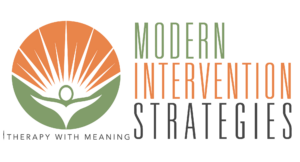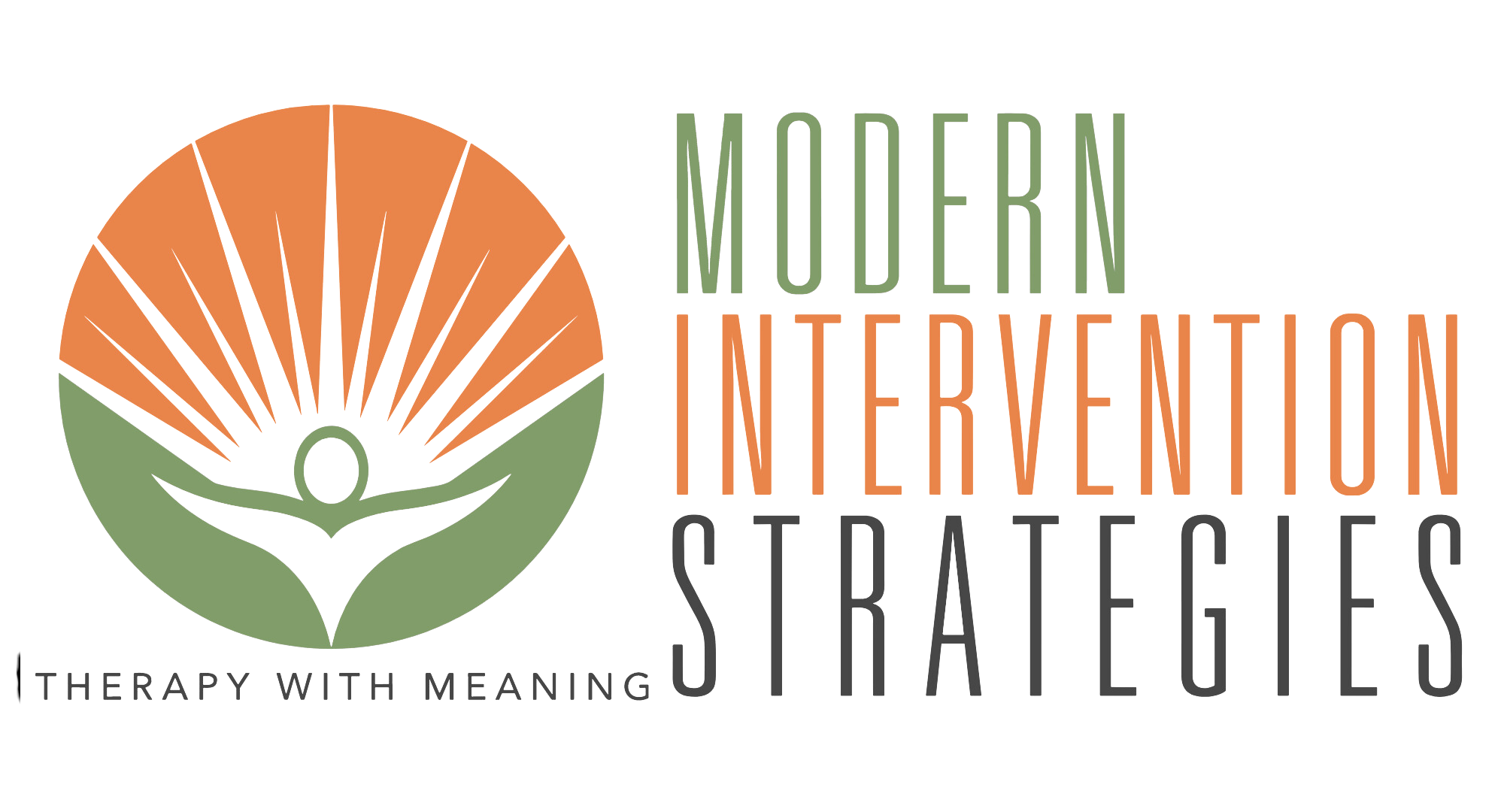The number-one most common complication after giving birth is postpartum anxiety, yet it’s often overshadowed by discussions of postpartum depression. It’s more prevalent than infection, hemorrhage, or even postpartum depression, but almost no one talks about it. I never heard a word about postpartum anxiety in any of the four times I gave birth—whether at the hospital, at my OB, or even during the regular screenings for depression at the pediatrician’s office. This silence is particularly surprising, given that about one in five women experiences heightened anxiety postpartum. It can make a new mom feel like her world is unraveling, yet many are left unaware and unsupported.

Recognizing the Symptoms of Postpartum Anxiety
Postpartum anxiety is more than the usual new-parent worries about whether your baby is safe and healthy. While it’s normal to have concerns, postpartum anxiety involves constant, often overwhelming fear that can interfere with a mother’s ability to care for herself or her baby. For me, this anxiety presented itself as heightened sensitivity to potential dangers. I remember after having my first child, I started feeling extremely protective. Every little thing seemed like a potential threat, which is common in many new mothers. My anxiety stayed within the normal range, but I have friends and family who weren’t as lucky.
The physical symptoms of postpartum anxiety can include:
- Sleep disruption (not being able to sleep even when the baby is sleeping)
- Racing thoughts or obsessive worries about your baby’s safety
- Shortness of breath, trembling, and muscle tension
- Loss of appetite or nausea
Emotionally, moms may feel on edge, like something terrible is always about to happen. Some even experience panic attacks or intrusive thoughts, where their mind conjures irrational fears, like, “What if I drop my baby?” These thoughts can spiral into compulsions or extreme behaviors, such as excessive checking on the baby at night, like a friend of mine who constantly checked her newborn’s breathing, unable to rest herself.

My Friend’s Story: Living with Intrusive Thoughts
One mother I know shared her experience with postpartum OCD—a form of postpartum anxiety that manifests through intrusive thoughts and compulsive behaviors. “After a few weeks, I began to worry intensely about SIDS,” she told me. “I never let my baby out of sight, even while he was sleeping. I checked on him every five minutes to make sure he was breathing, and I couldn’t sleep because of it.” This obsessive cycle of worry is common among mothers with postpartum OCD. It often goes unnoticed because, like this mother, many believe that such thoughts and fears are normal parts of motherhood. She spent months thinking her irrational concerns were just the typical worries of a new mom, not realizing that she was suffering from a treatable condition.
Causes of Postpartum Anxiety: Hormones, Stress, and Evolution
Many of the symptoms of postpartum anxiety stem from hormonal shifts. After birth, estrogen and progesterone levels, which increase dramatically during pregnancy, plummet back to pre-pregnancy levels, triggering mood changes and anxiety in many mothers. Sleep deprivation, a huge part of early parenthood, compounds the problem, leaving moms more vulnerable to panic, irritability, and feelings of being overwhelmed.
Beyond hormones, evolutionary psychology might help explain the intense anxiety many new mothers experience. In my personal experience, I found myself more acutely aware of potential dangers after having my child. I truly believe this heightened sense of worry is part of the maternal instinct—a biological drive to protect our offspring. However, when the anxiety becomes too intense, it can start to hinder your ability to care for your child and yourself.
For example, some mothers worry excessively about their child choking, to the point that they avoid giving them solid food, or they imagine terrible scenarios and refuse to leave the house. Anxiety, in this case, shifts from protective to debilitating. Social pressures also play a role. Many moms feel an overwhelming need to be perfect, to bounce back from pregnancy, and to appear fully in control. This pressure amplifies the anxiety when reality doesn’t match these expectations.
What Can Be Done? Treatment and Coping Strategies
Postpartum anxiety can and should be treated. If left untreated, it can linger indefinitely, but with the right support, it’s highly manageable. Here’s what can help:
1. Talk About It
Opening up to someone—a spouse, family member, or friend—is often the first step in seeking help. In my case, talking with other moms allowed me to understand what’s normal and what’s not. Many women, like my friend with postpartum OCD, assume everyone feels as anxious as they do, making it harder to recognize the need for professional help.
2. Get Some Sleep
I know firsthand how impossible this advice can feel, but sleep is crucial for managing anxiety. A lack of rest worsens mood issues, so try to arrange for someone to take over baby duties, even for just a few hours, so you can rest.
3. Seek Professional Support
Therapy, especially Cognitive Behavioral Therapy (CBT), is highly effective in treating postpartum anxiety. CBT helps you identify and challenge negative thought patterns, allowing you to replace them with healthier responses. Medication, such as SSRIs, may also be recommended, especially if you’re struggling to function daily. If you’re worried about breastfeeding while on medication, consult with your healthcare provider to find a treatment that’s safe for you and your baby.
4. Consider Lifestyle Changes and Natural Remedies
Simple lifestyle changes, such as exercise, meditation, and maintaining a healthy diet, can also make a huge difference. I found that going for walks outside helped me clear my mind and reduce some of my anxious thoughts. There are also natural remedies, such as relaxation techniques and certain nutritional supplements, that can support postpartum mental health.
You’re Not Alone
If you’re struggling with postpartum anxiety, know that you’re not alone. It’s a common, treatable condition. Whether it begins shortly after birth or even months later—like after weaning—it’s essential to seek help and avoid feeling shame about it. New motherhood is challenging enough without the weight of untreated anxiety.
As someone who has lived through some of these anxious feelings myself and seen the toll it takes on others, I urge new moms to reach out for support. Anxiety can rob you of the joy of motherhood, but with proper treatment and care, you can get through it and start to enjoy this special time with your baby. Take care of yourself. You’re doing great.





